KUALA LUMPUR, Sept 20 — Those who have outdoor activities planned when the country enters the monsoon transition phase later this week have been reminded to exercise caution over changing weather conditions.
Fire and Rescue Department (JBPM) Director of Fire and Rescue Operations Datuk Nor Hisham Mohammad said those out for recreational activities such as hiking and picnics at beaches and waterfalls must take extra precautions due to expected heavy rainfall and strong wind conditions during this period.
He said the mistake of being complacent and underestimating dangers such as swift currents and strong winds were among the causes of untoward incidents in such areas.
“These situations must be given serious attention as changes in the water conditions such as a surge caused by overnight heavy rain. If there are many twigs, branches flowing with the current, then this is an early sign of a water surge, and picnickers must stop their activities immediately and move to a safer area,” he told Bernama.
“As for beach activities, if there is heavy rain or strong winds, then stop all activities in the water as cramps easily occur when the water temperature dips, and this is a factor for many drowning cases,” he told Bernama.
The Malaysian Meteorological Department (MetMalaysia) earlier today said that Malaysia will go through the monsoon transition phase from Friday (Sept 24) until early November, marking the end of the Southwest Monsoon that began on May 19.
MetMalaysia director-general Muhammad Helmi Abdullah said changing wind conditions during the transition phase usually bring along thunderstorms, heavy rain and strong winds within a short period of time.
Nor Hisham, meanwhile, also advised mountain climbers and hikers to ensure they wear suitable gear as routes would be slippery.
On JBPM’s preparations for both the monsoon transition phase and the upcoming North-East Monsoon, Nor Hisham said only 20 per cent of its workforce will be allowed to go on leave during this period.
“JBPM will focus on six states expected to receive heavy rainfall, namely Pahang, Terengganu, Kelantan, Johor, Sabah and Sarawak, while squads in other states have been directed to be on standby to assist when needed,” he said.
Sources: BERNAMA

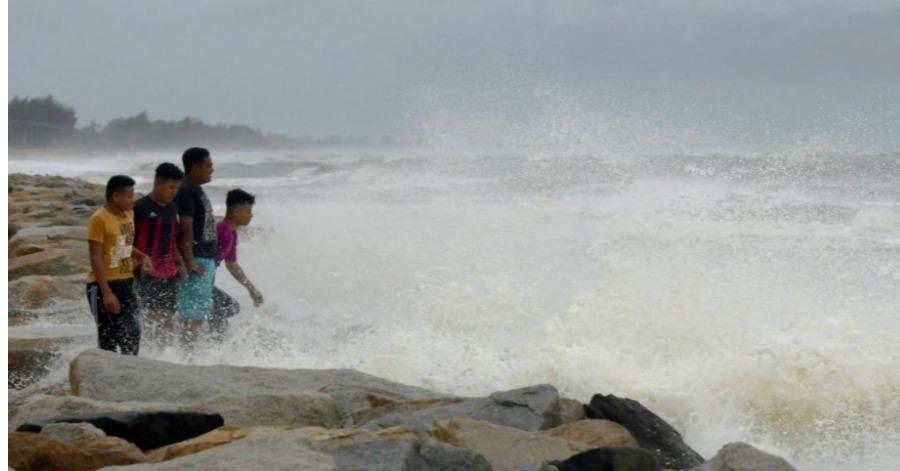


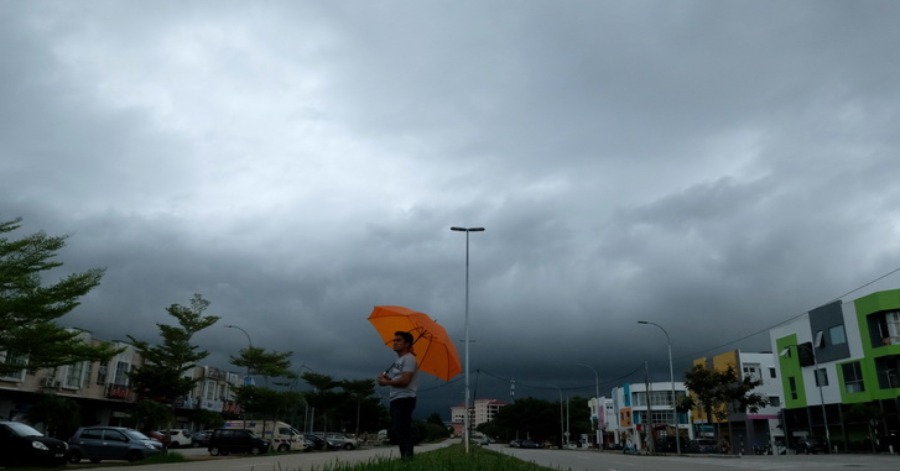
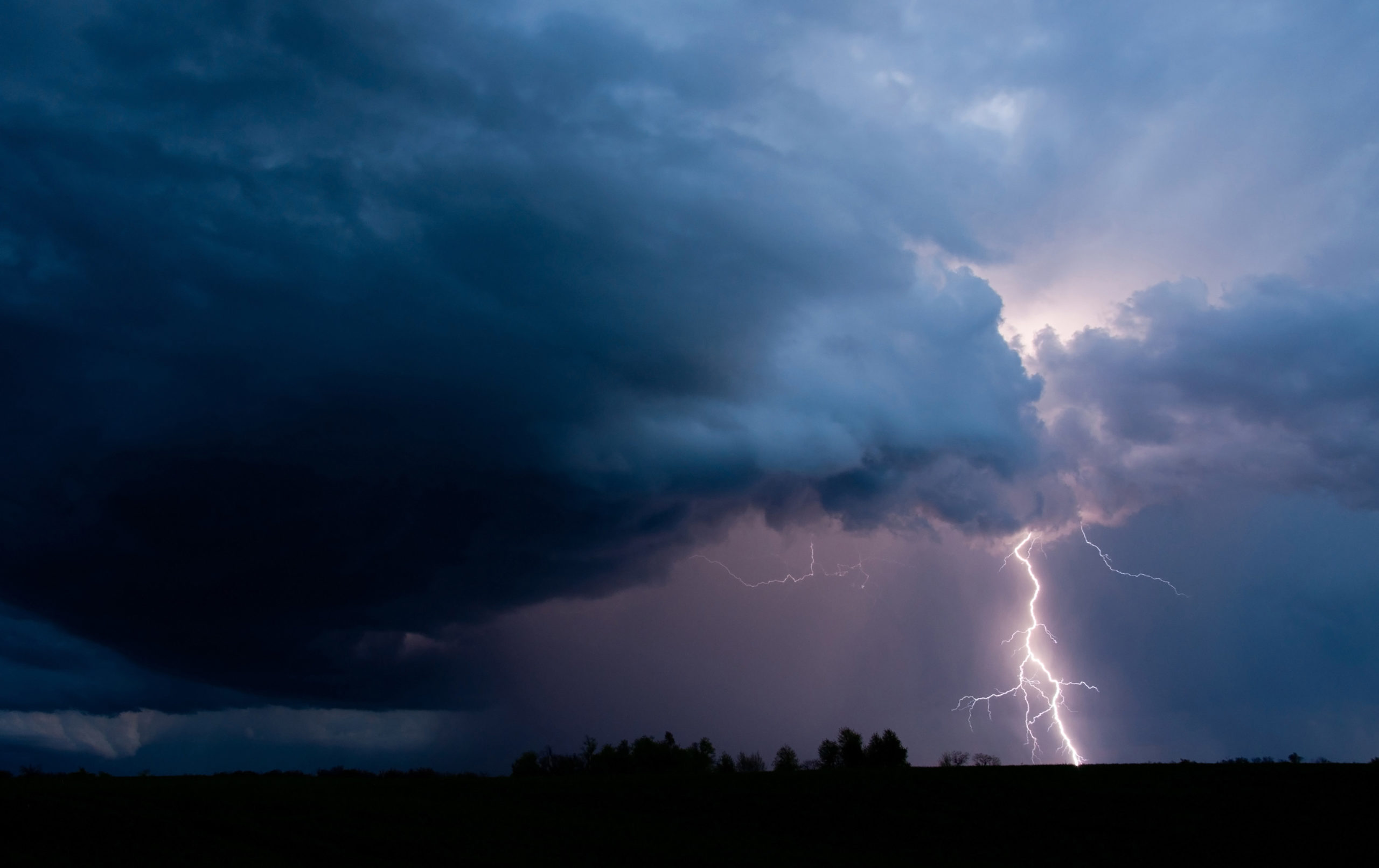
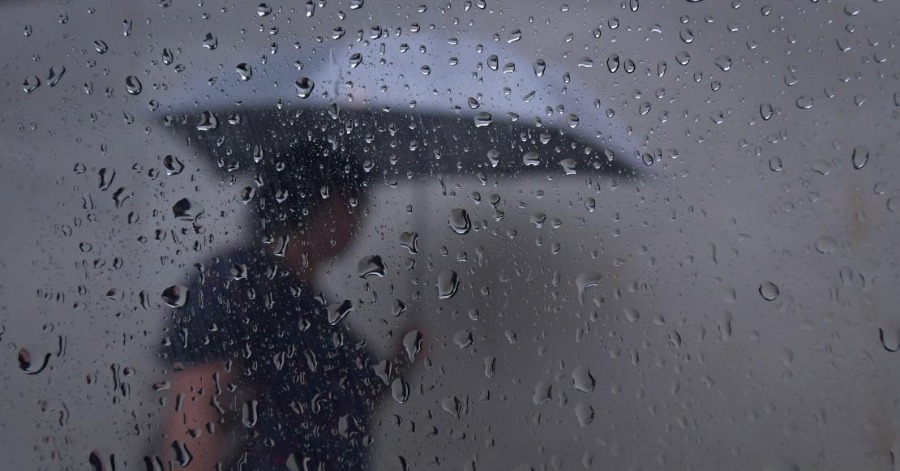
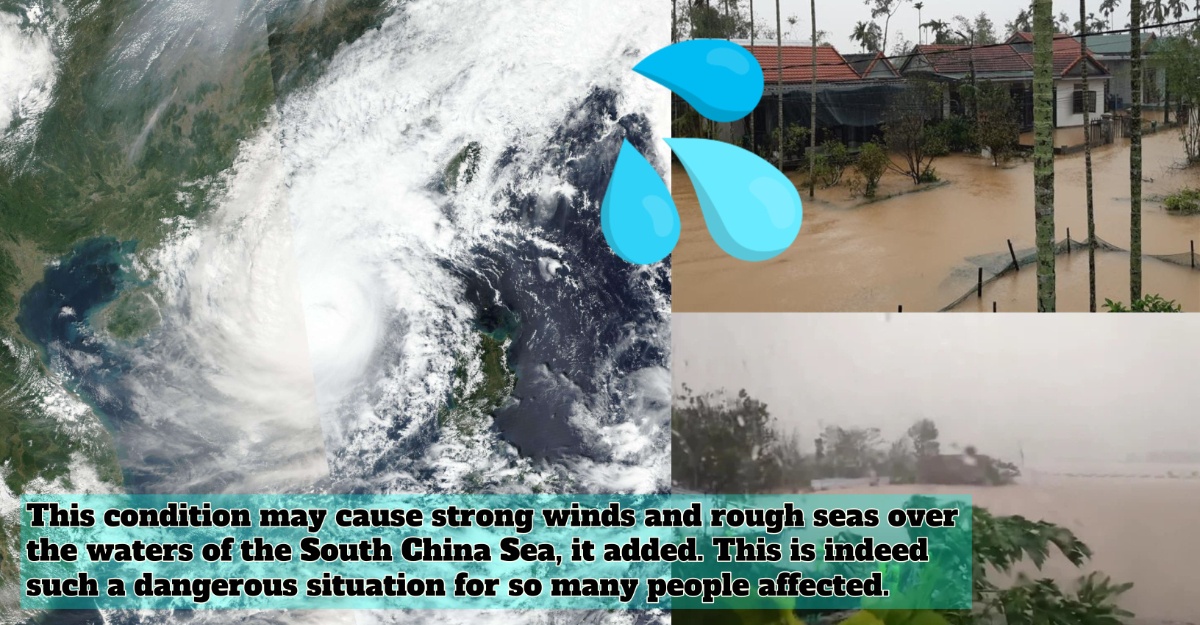
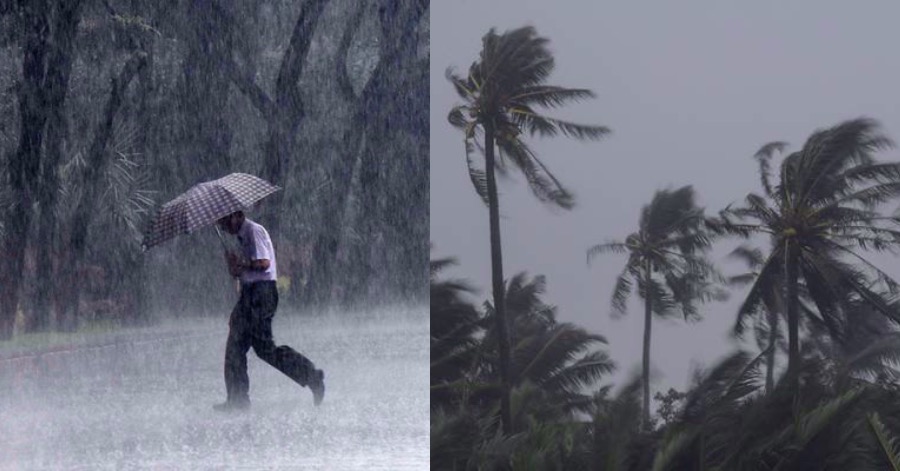
Leave a Comment